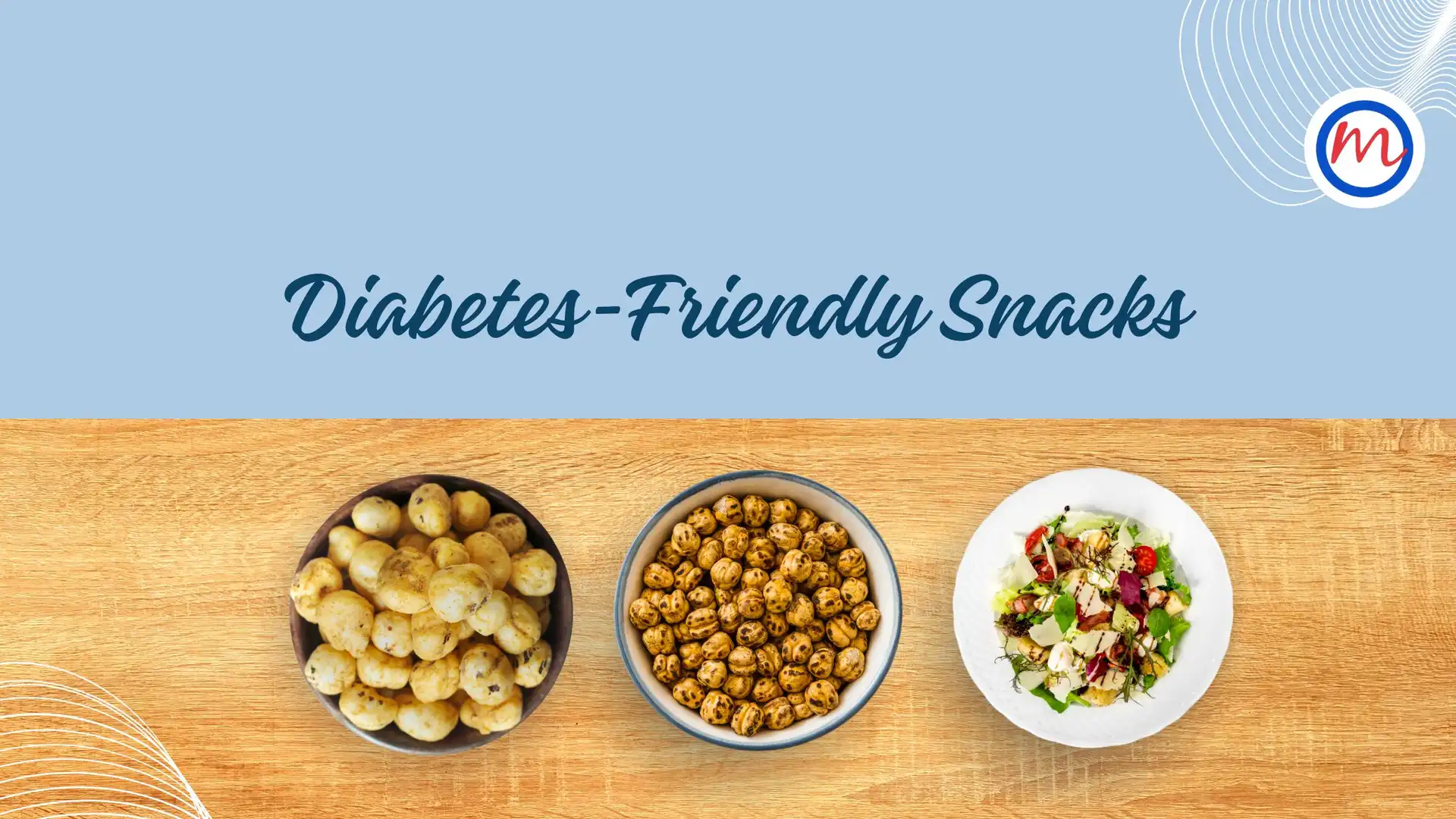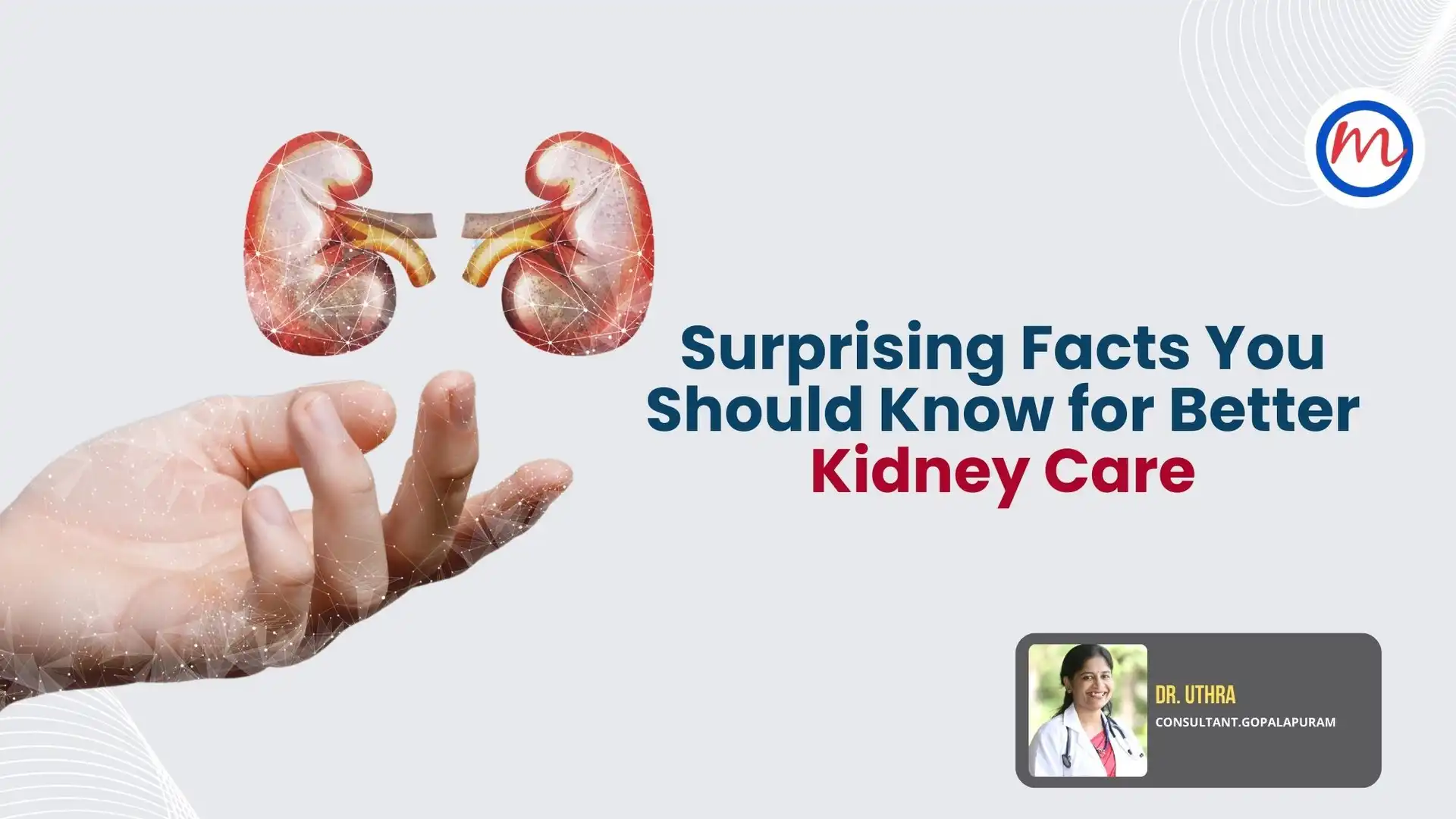Diabetes mellitus affects the metabolism of carbohydrates, protein, fat, water and electrolytes. Treating a disease with the food you eat is one of the most important aspects of caring for people with diabetes. For individuals with type 2 diabetes, dietary management is the initial and most important step to treat the disease. For individuals with types 1 and 2 diabetes, food intake is an integral part of medication decisions. The nutritional needs of every individual vary with the individual differences in physical patterns, lifestyle habits and personal likes and dislikes, and many others. Therefore, individual nutritional needs should be personalized, taking into the consideration personal variables like a person’s age, sex, activity level, current weight and body style, individual food habits and the family diet pattern , cultural preferences and lifestyle.
Earlier diets for diabetic individuals consisted of a very low carbohydrate content. This has changed in past few decades, where the carbohydrate content of the diet has been increased to 60 % with a reduction in fat content to 30%. Traditional staple foods, eaten in the past with less refined grains such as hand pounded rice which was high in dietary fibre have been replaced by highly refined carbohydrates such as polished white rice. This nutrition transition has resulted in a major increase in o u r c a l o r i e l o a d f r o m t h e r e f i n e d carbohydrates and a consequent increase in blood glucose levels of the population. Such foods that have the ability to rapidly increase the blood glucose levels in our body are known as foods with a high glycemic index (GI) and our supermarkets today are flooded with such foods, thus hastening the diabetes epidemic.
In our populations, where we habitually consume high-carbohydrate diets, the increased intake of high GI foods such as refined grains (maida, rava) or white rice has been associated with insulin resistance and type 2 diabetes. Similarly, our research findings have also indicated that intake of more refined carbohydrates and less dietary fibre results in low HDL – C (good cholesterol) concentrations among Asian Indians and thus lead to higher prevalence of metabolic syndrome.
Along with the quality of carbohydrates, the quality of fat in the diet is equally important. A recent diet survey in Chennai carried out by our Institution showed that high consumption of sunflower oil lowers the HDL (good cholesterol) concentrations. Sunflower oil is rich in PUFA (Poly unsaturated fatty acids) and n6 fatty acids, while it is deficient in n3 fatty acids. The consumption of fish which contributes to n 3 fatty acids in the diet is comparatively low in Chennai population which alters the overall n6:n3 ratio in the diet and increases the risk of diabetic complications such as cardiovascular diseases. It is essential to consume a blend of oils rich in both MUFA (Mono unsaturated fatty acids) and PUFA for the prevention and treatment of diabetic complications.
Dietary recommendations for the management and prevention of diabetes should therefore focus both on the quality and quantity of carbohydrates and fat in the diet and increasing dietary fibre, in addition to balancing total energy intake with expenditure (through regular exercise). When a balanced diet provides optimum nutrition, diabetic individuals usually do not need any additional supplements of vitamins and minerals . Appropriate nutrition measures will help in reducing the risk of not only diabetes, but also hypertension, dyslipidaemia, metabolic syndrome, and obesity.
Primary goals of dietary management in individuals with diabetes are to:
- attain desired blood glucose levels
- prevent or reduce the risk of complications of diabetes.
- achieve target lipid levels that reduces the risk of cardiovascular disease.
- control the blood pressure levels.
- reduce excess body weight
- personalize individual nutritional needs, taking into the consideration the individuals food habits and the family diet pattern, cultural preferences and lifestyle.
- promote overall health through good nutrition (balanced diet) so as to enhance quality of life.
- Dietary modifications for diabetic individuals should be implemented by prioritizing these goals.
How do we go about advising healthier diets?
The diet of urban South Indians today consists mainly of refined cereals combined with low intake of fruits and vegetables (265g/d) compared to the WHO /FAQ recommended intake of 400g/d to prevent chronic diseases. A higher intake of fruit and vegetables explained 48% of the protective effect against CVD risk factors. Intake of dietary salt in urban South India was much higher (mean 8.5g/d) than currently recommended (<5g/d). Increased salt intake is a known risk for hypertension. This calls for urgent steps to decrease salt consumption of the population as a whole. This could help to prevent hypertension and thus prevent strokes and heart attacks.
A regular dietary pattern of Indians receives almost 60% calories from carbohydrates. It is unlikely that the total carbohydrate content of Indians could be suddenly reduced. It is thus prudent to encourage the introduction of low GI foods in the market as well as to promote high-fibre foods among the public. Glycemic index being the property of the food, could be widely influenced by various factors such as starch structure, fibre content, cooking methods, degree of processing and presence or absence of fat. For example, both the production and consumption of brown rice, which also contains higher amounts of vitamin, minerals and phytonutrients, should be encouraged through integrated community and national programmes of the government.
A recent study from our centre has shown that consumption of brown rice compared to white rice could improve 24 hour blood glucose and meal insulin levels. The study also explored people’s perceptions and acceptability of brown rice as a staple food and sought to identify factors that may act as barriers or promote its acceptance. People said that lack of awareness about the nutritive properties brown rice was a major barrier to its acceptance. Further, participants tended to consider cooked rice that was not white or long grained, to be ‘inferior’. Thus, we concluded that it is feasible to assure that adopting a diet that is rich in whole grains could be a cost-effective, feasible and sustainable approach to diabetes prevention and control in India.
In summary, appropriate dietary management of diabetes includes a reduction in the total calorie intake from refined carbohydrates and simple sugars modified fat both in quantity and quality, increase complex carbohydrate and adequate dietary fibre consumption . Following this diet pattern will help one to achieve good control of diabetes, prevent complications, reduce drug requirement and maintain an ideal body weight.



